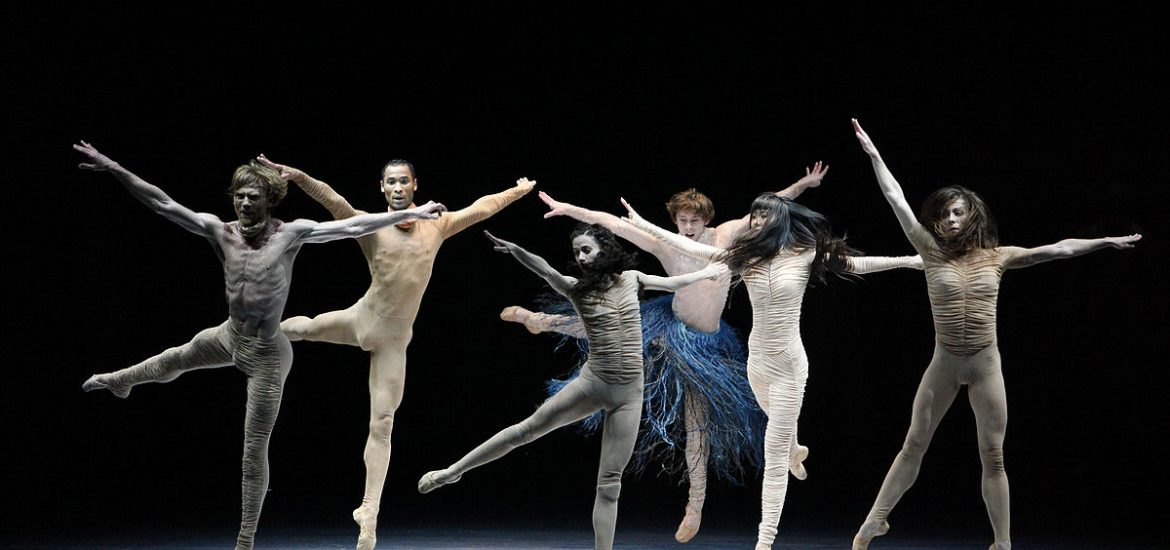
A proposed EU regulation, to meet the 2015 Paris climate agreement, could set theatres “back by decades”, according to London theatre owner Nica Burns.
It is estimated that 60 to 80 per cent of lights in theatres are currently so-called tungsten lights and other forms of lighting that would not meet the proposed requirements.
“Every tiny youth group that has a stage where they do their plays, every school theatre and any sort of community hall, are going to have to spend a lot of money which they simply don’t have,” Burns said.
The Opera House in Vienna estimated that it would cost €3 million to €4 million to replace the venue’s lights to meet the EU proposed standards.
Silke Lalvani, EU policy adviser for Pearle, the interest group for Europe’s live performance sector, said: “I heard from another theatre that they would have to replace 1,200 lights. If you take into account that one light costs around €2,000, it adds up.”
Energy efficiency rules under consultation would ban “the manufacture and sale of everything we use”, said Matt Drury, head of lighting at the UK’s National Theatre, and it would “undoubtedly” force some theatres to close.
The EU said no decision is due before the end of the year.
The European Commission’s Eco-design Working Plan 2016-2019 wants to bring most theatre lights under the same rules that control domestic, office and industrial lighting.
It aims to improve the green credentials of products, including vacuum cleaners, tumble driers, heaters and lights.
Legislation in 2009 banned the sale of tungsten lighting for domestic use, but permitted its ongoing use in theatres.
The European Commission proposals would abolish the tungsten exemption for theatres.
Chrstian Allabauer of the Austrian theatre technology association OETHG said that the European Commission’s draft would not affect lights already in use, but only production and imports from September 2020.
The vast amount of lighting would not have to be replaced immediately, but only over time, once the lights wore out. LED bulbs conforming to the EU’s requirements cannot usually be used to replace old bulbs, which means a venue’s entire lighting fixture needed to be replaced.
The Association of Lighting Designers said that the proposals would bring “theatre lights under the same rules that govern domestic and office and industrial lighting”, adding that this was not possible with current technology.
“It’s trying to make [lighting] as bright as possible using the least amount of energy,” said Drury. “By 2020 the world of science will not have allowed technology to have evolved to that point.”
Picture credit: Wikimedia





